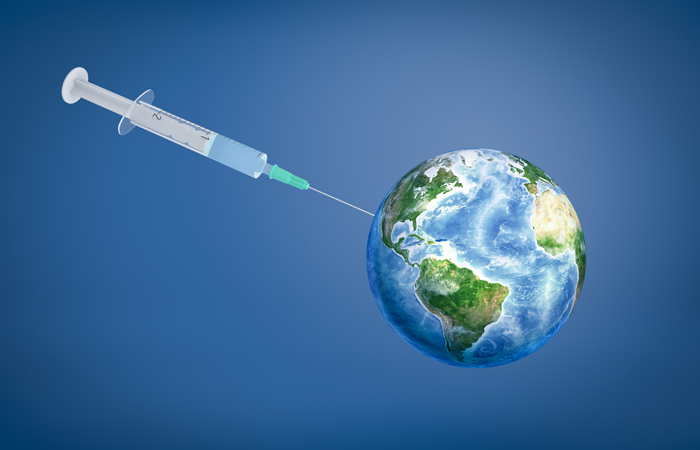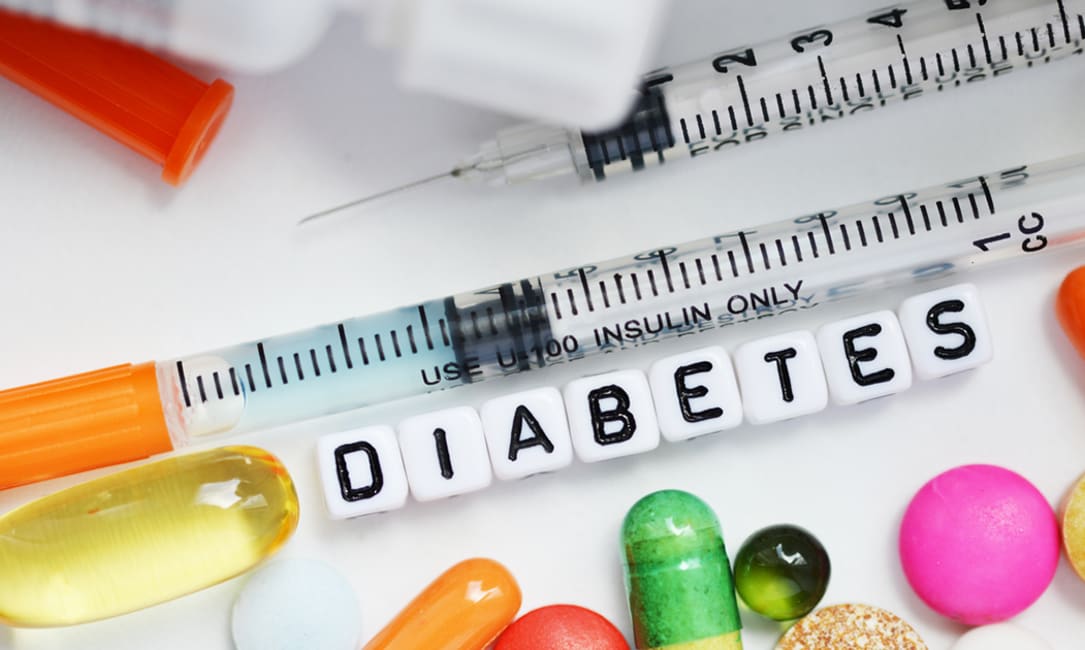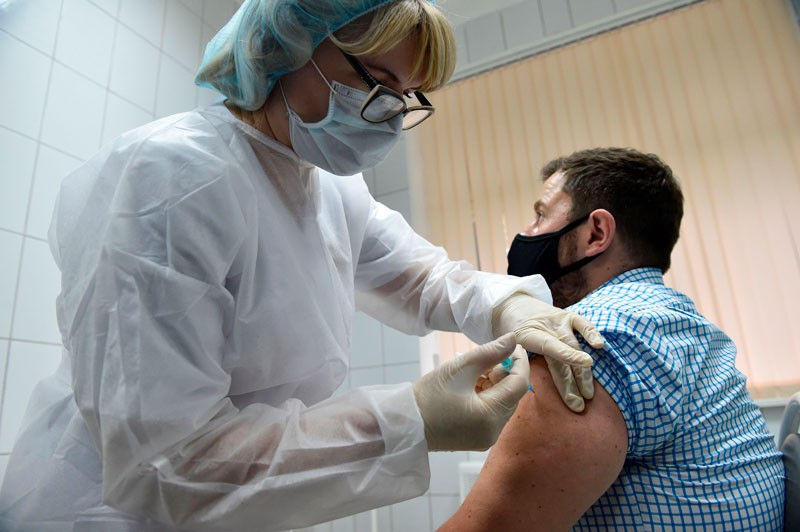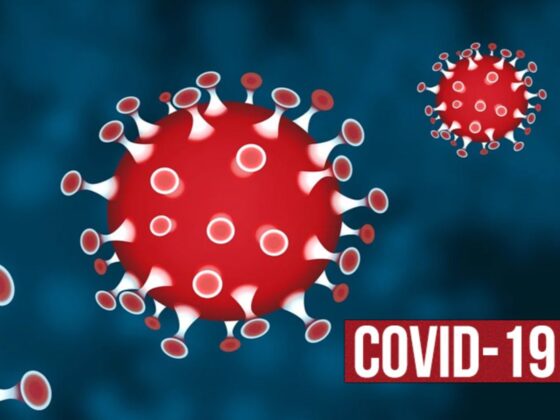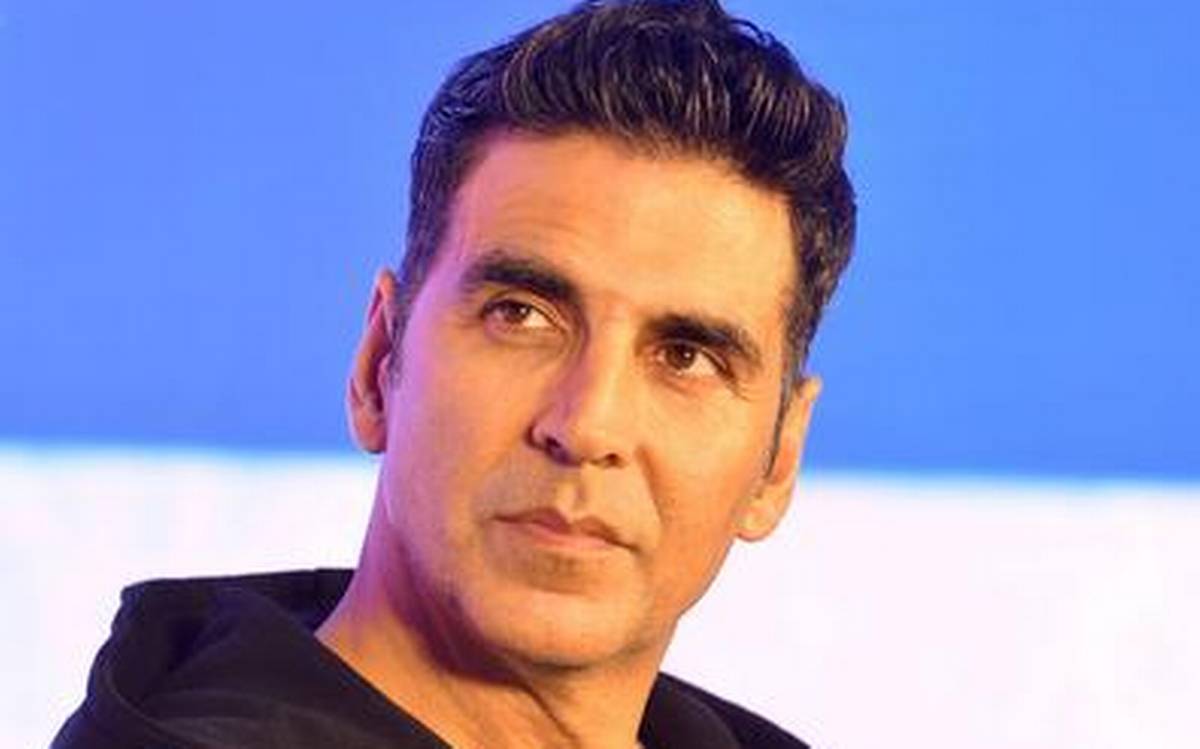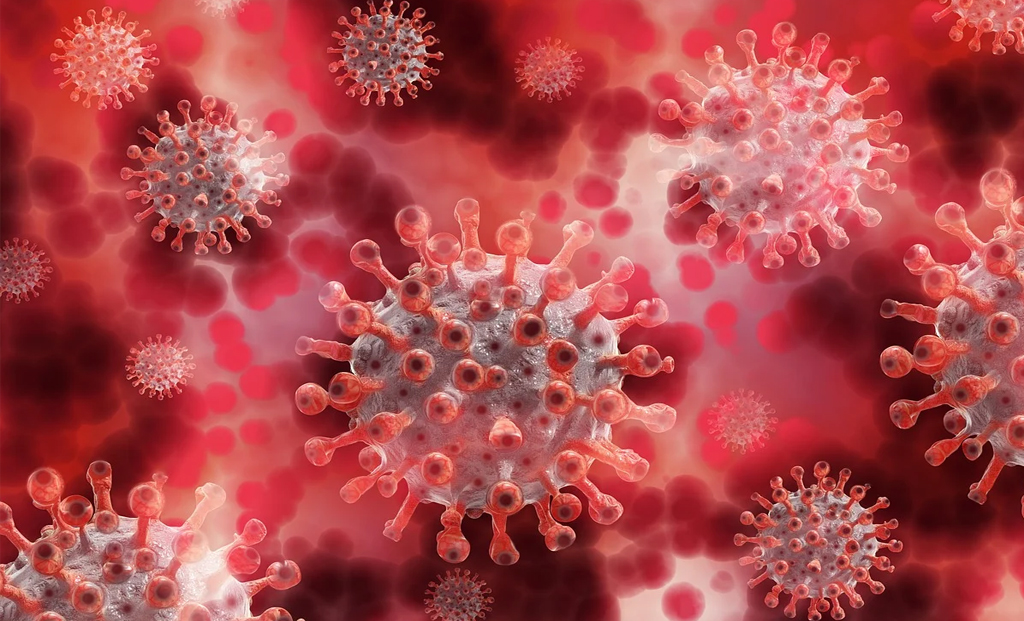India is going through a really tough time as the second wave of Covid-19 is sweeping across the counry. People are rushing to the hospital for medical emergencies related to Covid, but even hospitals are failing to help due to a lack of healthcare facilities. Amidst all this chaos and failures, the world is trying to celebrate the immunization week so that people get to know about the vaccination and be vaccinated to fight against the coronavirus but because of some vaccine failures people have been raising questions.
Healthwire talked about the immunization and Covid-19 vaccination with health expert Dr. Saranya Narayan, Chief Microbiologist, Neuberg Diagnostics, Dr. Spoorthi Arun, American Board Certified Internal Medicine Physician, Promed Hospital, and Dr. Ashwin Karuppan, Senior Consultant – Internal Medicine, Gleneagles Global Health City.
1-How important is it to be vaccinated against Covid 19 at this stage of the pandemic?
“It is imperative to get vaccinated. Vaccination does not prevent anyone from getting the infection but certainly protects one from getting a severe disease” said Dr. Saranya Narayan.
“It is extremely important to be vaccinated against COVID – 19 during this second wave. While vaccinations are not full proof, they definitely have been shown to reduce the chance of hospitalization and death” Dr. Spoorthi Arun added.
2- What side effects one can experience after getting Covid jab? Who is more prone to the adverse effects of vaccines?
“The side effects are usually mild such as low-grade fever, pain at the injection site, headache, body pain and fatigue, just like any other vaccination you take. It usually lasts for a day.
In some people, this lasts for 2-3 days. Few people do have stomach pain and diarrhea. There has been a lot of panic about blood clots following vaccination, but this has not been proved as of now. A person with a history of strong allergies to several things and who is allergic to one of the vaccine components might experience adverse effects. People on anticoagulants can consult their doctors before they take the vaccination” Dr. Narayan said.
According to Dr. Spoorthi, “While a variety of side effects have been reported, vaccinations are generally tolerated pretty well. Side effects include injection site, fatigue, headaches, and muscle aches and low-grade fevers. The vaccines are safe for most people 18 years and older, including those with pre-existing conditions of any kind. These conditions include hypertension, diabetes, asthma, pulmonary, liver and kidney disease, as well as chronic infections that are stable and controlled. Such people especially are also the ones that stand most to gain, since the consequence of infection with COVID can be devastating. If you do have a compromised immune system, are pregnant or nursing, or have a severe history of allergies, please do contact your doctor prior to vaccination”.
3-Studies are showing that the effect of the vaccine will not be longer than a year. Is it true? What will happen to our body after the effect is over?
“Too soon to say, as the vaccine has been available for only 5 months as of now, and not enough follow-up studies are available currently. However, it is likely as the virus undergoes mutation regularly. If and when we no longer have the vaccine’s protective effect, we will be susceptible to infection with a different strain of the virus from which the first vaccine was made. The scientific community may suggest an annual vaccination program just like the annual influenza shot if that does happen” Dr. Narayan told HealthWire.
“Antibodies tend to last anywhere from months to up to a year. While having antibodies protects against infection from the common strains of the virus, it is important to remember that people would be susceptible to infection once the antibody levels have waned off” Dr. Spoorthi added.
4-Why does our body react differently after the vaccination?
“Every person is unique. Hence, the reactions from antibody production to side effects can vary across individuals. Just like the reaction to the virus is different among different individuals, so is the immune response and side effect profile” Dr. Spoorthi Answered.
“The body acts differently for each other and this is because you are injecting a particle which can produce immunogenicity or antigenicity. This means that the antigen is going to produce antibodies. So this becomes the basic system for our body to react whenever there is an invading virus or a bacteria or any particle that causes this. That is the reason why our body acts differently. There is nothing new. These technologies have been used in the pediatric age group and we have various vaccines which have been given to children” Dr. Aswin Karuppan said.
5-Can a person who is already having Covid-19 be vaccinated?
According to Dr. Narayan “A person can have the Covid vaccination a month after recovering from the infection, not during or immediately afterward”.
“Even if a person already had COVID-19, they should be vaccinated when it is offered. The protection that someone gains from having COVID-19 will vary from person to person, and as yet it is unclear how long natural immunity might last” Dr. Spoorthi said.
“A person can get vaccinated after 4 – 8 weeks of recovering from the acute illness caused due to the vaccine. One cannot vaccinate themselves during an ongoing covid” Dr. Ashwin added.
6-Is the vaccination safe for pregnant women or women who are breastfeeding their child?
According to Dr. Saranya Narayan, As of April 17th, 2021, the Royal College of Obstetrics & Gynaecology has recommended the vaccine in the following groups of pregnant women:
- Those with high risk medical conditions who have a greater risk of severe illness from COVID-19
- Health or social care workers – who are at very high risk of catching COVID-19
- Individuals considered at high risk of COVID-19 because of health and personal factors that include age, ethnicity, BMI and underlying health conditions (this includes pregnant women in priority group 6)
- Women diagnosed with gestational diabetes in pregnancy or pregnant women with a BMI of more than 40
- Individuals aged 45 or over
7- Any message for the common public regarding immunization?
“It does not matter what vaccine you take, please do get vaccinated if you are eligible and have access to vaccines. Remember, fear should not paralyze us into inaction. The potential risks of vaccination have to be balanced against the protection it offers and clearly, for most of us, the benefits of vaccination clearly outweigh the risks” Dr. Spoorthi Arun suggests.
“Vaccination is essential. Get vaccinated without any hesitation. The benefits of vaccination far outweigh the minimal side effects. Please follow Covid’s appropriate behavior even after vaccination” Dr. Narayan added.

